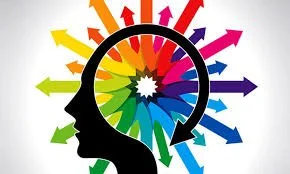A psychological trigger is a stimulus—like a sight, sound, smell, or event—that causes an intense emotional reaction due to a person’s past experiences. These triggers often stem from unresolved trauma, stress, or a deep emotional association with a particular event. When someone encounters a trigger, they might have a strong, immediate emotional response, which can range from anxiety, sadness, anger, or fear to more complex psychological reactions like flashbacks or panic attacks.
Examples of Psychological Triggers and Reactions:
Sound of Sirens:
A war veteran might hear the sound of sirens and suddenly feel panic or anxiety because it reminds them of alarms they heard during combat.Smell of Alcohol:
Someone who grew up in a household with an alcoholic parent might feel uncomfortable, anxious, or even angry when they smell alcohol, as it brings back memories of negative or traumatic experiences.A Loud Bang:
A person who has experienced a car accident might react intensely (e.g., feeling fear, adrenaline, or a racing heart) when they hear a loud bang, associating it with the sound of the crash.Receiving Criticism:
If someone grew up in a highly critical environment, they may react defensively or feel a sense of shame when they receive even mild criticism, as it triggers feelings of inadequacy from childhood.A Certain Date:
Anniversaries of traumatic events, such as the loss of a loved one or a breakup, can trigger overwhelming sadness, grief, or depression in someone, as the date brings up memories of the painful experience.
How Triggers Work:
Psychological triggers activate the body’s fight-or-flight response by making the brain believe the person is in danger, even if the danger is only perceived and not real in the present. This is why triggers can cause strong reactions even when the current environment is safe.


